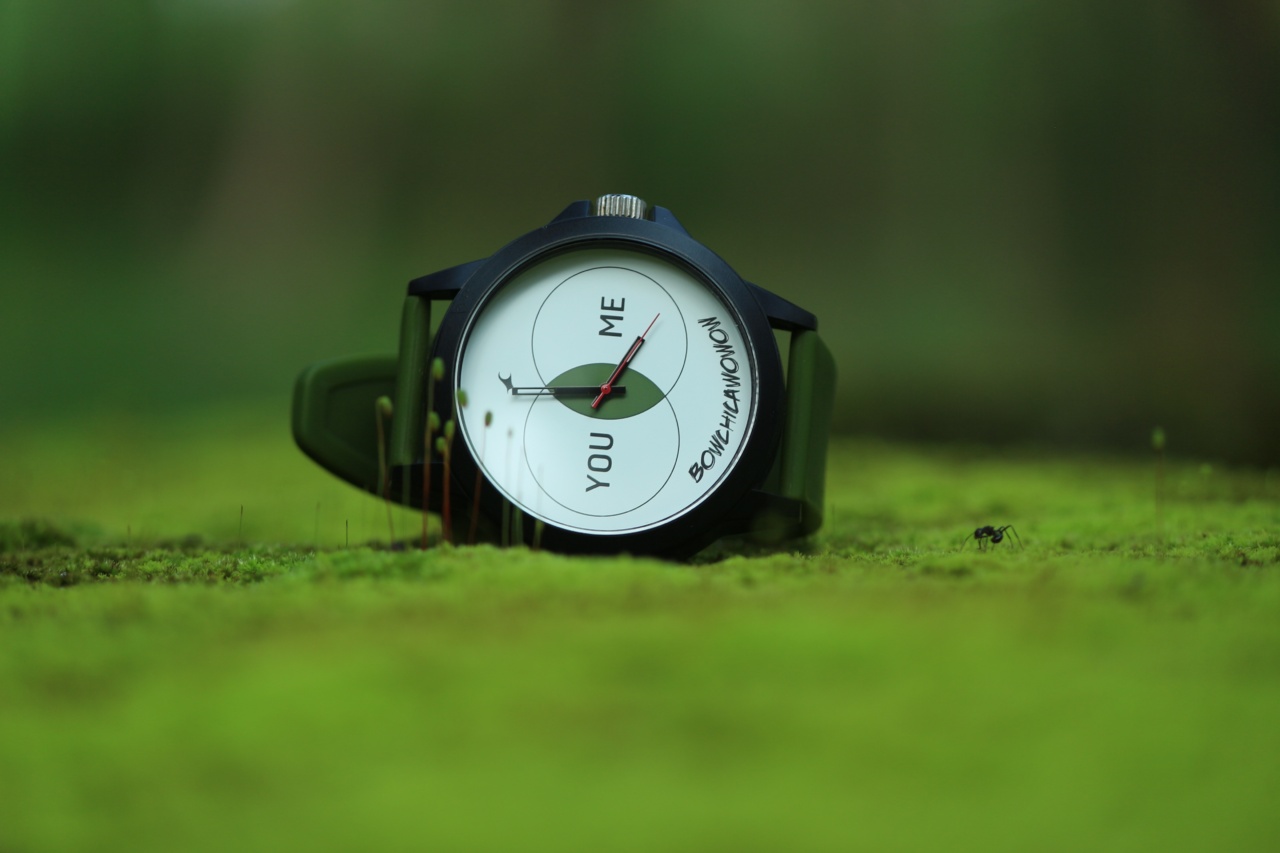When it comes to losing weight, timing can play a crucial role in your success. While many weight loss strategies focus on what you eat, the timing of your meals can also impact your body’s metabolism and overall calorie burn.
Dinner, being the last meal of the day, holds special significance in weight loss. In this article, we will explore the best time to have dinner if you want to shed those extra pounds and achieve your weight loss goals.
The Importance of Dinner in Weight Loss
Before we delve into the ideal time to have dinner for weight loss, let’s understand the role dinner plays in your overall weight management.
Dinner is the final opportunity to fuel your body with essential nutrients for the day, and it sets the tone for your overnight fast and subsequent morning metabolism boost.
Not only does dinner provide the necessary energy to carry out your evening activities, but it also affects the quality of your sleep, hormonal balance, and your body’s ability to burn fat.
Understanding Circadian Rhythm
Our bodies operate on a natural internal clock known as the circadian rhythm. This 24-hour cycle helps regulate various bodily functions, including digestion, metabolism, and sleep-wake cycle.
Adhering to your circadian rhythm can optimize your health, including weight loss.
When it comes to dinner, it’s vital to sync it with your circadian rhythm, especially as the evening progresses. This synchronization allows for efficient digestion and prevents disruptions to your sleep pattern.
The Ideal Time for Dinner
Based on the principles of circadian rhythm and optimal digestion, experts recommend having dinner at least 2-3 hours before bedtime.
This timeframe ensures that you have ample time to digest your meal, preventing indigestion, acid reflux, and other sleep disturbances.
By having dinner early, you provide your body with enough time to complete its digestion process before bedtime, allowing for a more restful and rejuvenating sleep. This, in turn, positively impacts your weight loss journey.
Why Early Dinner Is Beneficial for Weight Loss
Having an early dinner offers several benefits when it comes to weight loss. Let’s explore some of the reasons why you should consider adjusting your dinner time:.
1. Improved Digestion
Having an early dinner enhances digestion by allowing your stomach to empty fully before bedtime. This can prevent bloating, acid reflux, and other digestive discomforts that can disrupt sleep quality and weight loss efforts.
2. Increased Calorie Burn
When you have dinner early and go to bed on an empty stomach or with minimal food in your system, your body taps into fat stores to derive energy overnight. This leads to increased calorie burn and supports weight loss.
3. Better Sleep Quality
An early dinner ensures that your body isn’t working hard to digest a heavy meal while you try to sleep.
This promotes better sleep quality, which is vital for weight loss as poor sleep has been linked to increased food cravings, hormonal imbalances, and slower metabolism.
4. Enhanced Insulin Sensitivity
Having dinner at least a few hours before bedtime can improve insulin sensitivity in the body.
When you consume carbohydrates earlier in the evening, your body has more time to process them and utilize the glucose effectively, reducing the risk of excessive insulin release and potential fat storage.
5. Reduced Late-Night Snacking
Having an early dinner and allowing your body to properly digest can help curb late-night cravings and unnecessary snacking. It gives you a sense of satiety, reducing the temptation to indulge in unhealthy snacks before bedtime.
6. Proper Hydration
When you have an early dinner, you have ample time to hydrate before bedtime. Staying hydrated is essential for overall health and weight loss. It aids digestion, supports metabolism, and helps regulate appetite.
Factors to Consider
While having an early dinner is generally beneficial for weight loss, it’s essential to consider individual factors that may influence optimal timing:.
1. Lifestyle
Consider your daily routine and lifestyle commitments when deciding the ideal time for dinner.
If you have late-evening activities or work shifts that prevent an early dinner, plan your meals accordingly to ensure you’re still adhering to the principles of proper digestion and sleep hygiene.
2. Dietary Needs
Your dietary needs and preferences should also be taken into account. If you follow specific diets that require specific meal timings, such as intermittent fasting, adjust your dinner time accordingly while considering the principles mentioned above.
3. Individual Tolerance
Everyone’s body is unique, so pay attention to how your body responds to various dinner timings.
Some individuals may find that a slightly later dinner works better for them, while others may experience better weight loss results with an early dinner. Listen to your body and make adjustments accordingly.
Conclusion
The timing of your dinner can significantly impact your weight loss journey. While there is no one-size-fits-all approach, having dinner at least 2-3 hours before bedtime aligns with the principles of circadian rhythm and optimal digestion.
By having an early dinner, you provide your body with ample time to digest, improve sleep quality, increase calorie burn, and aid in weight loss efforts. However, individual factors and preferences should always be considered when determining the best timing for your dinner.





























